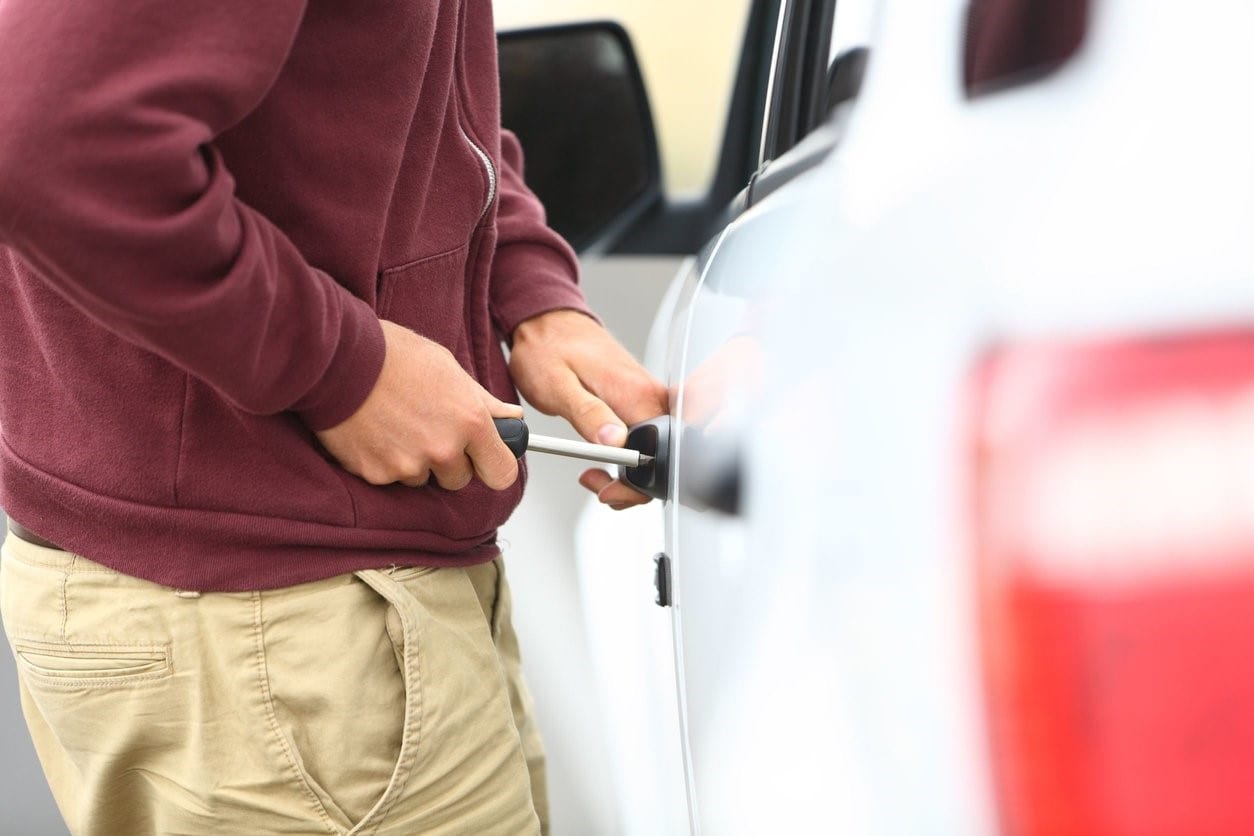Generally, theft happens when a person takes someone else’s property without their permission and with the intent to permanently deprive the owner of the property.
So, if you go into a clothing store and take a pair of jeans, intending to keep them for your personal use and not return them, you are committing retail theft. But sometimes it’s not so cut-and-dry.
There is a lot of nuance in North Carolina’s laws regarding theft, and it’s essential to understand the terms of a theft charge in order to know how best to fight back.
With that in mind, here are 4 things you should know about theft in North Carolina.
1. “Theft” is actually referred to as “larceny.” Our state’s criminal statutes don’t actually make a reference to theft. Instead, North Carolina refers to larceny as a crime. And it doesn’t give a definition of what larceny is except to call it “stealing or taking.” So someone allegedly commits larceny in North Carolina if they steal or take “any chattel, property, money, valuable security or other thing whatsoever.” That’s a pretty broad definition.
2. Although there isn’t a clear larceny definition, there are larceny offenses. While the law doesn’t specifically define larceny, it does state certain offenses for which you can be accused of larceny. These offenses include, but are not limited to:
- Receiving stolen goods represented as stolen
- Possessing stolen goods
- Removal of a shopping cart from shopping premises
- Larceny of gasoline
- Larceny of goods from a construction site
- Chop shop activity
- Larceny of motor vehicle parts
3. Property value matters. Our state used to distinguish between petty larceny – larceny of anything valued at less than $1,000 – and grand larceny – larceny of anything valued at over $1,000. But legislators have since changed the statutes so that all charges fall under the same law.
Now, if the value of stolen property is over $1,000, you will most likely be charged with a Class H felony. In some cases, you may be charged with a Class I felony (larceny from a construction site or motor vehicle parts) or a Class G felony (chop shop activity). If, however, the value of the stolen property is under $1,000, you will face Class 1 misdemeanor charges.
What other types of larceny aren’t felonies? Removal of a shopping cart and stealing gas are Class 3 and Class 1 misdemeanors, respectively.
4. Your potential sentence depends upon your criminal history and the details surrounding your case. Although most larceny offenses are Class H felonies, the punishment has an extremely wide range of 4 to 25 months in jail. With such a difference between the maximum and minimum terms, North Carolina looks at a defendant’s prior criminal history and the facts of the case when determining the appropriate punishment or the “presumptive range” of a jail sentence.
Someone without a criminal record, for example, would receive a sentence on the lower end of the range. Under the felony punishment chart, a first time larceny offender most likely would only get 5 to 6 months of jail time, whereas a previous offender or aggravated offender could get six months or more depending on the circumstances. And with the help of an experienced North Carolina larceny attorney, your charges could be reduced further – or even dropped or dismissed.
About the Author:
Attorney Mike Schlosser represents victims of personal injury, those charged with a crime, as well as those facing traffic charges. A former Guilford County, North Carolina District Attorney, Schlosser has been in private practice at the Law Firm of Schlosser & Pritchett since 1983 and has been a member of the North Carolina State Bar since 1973.









